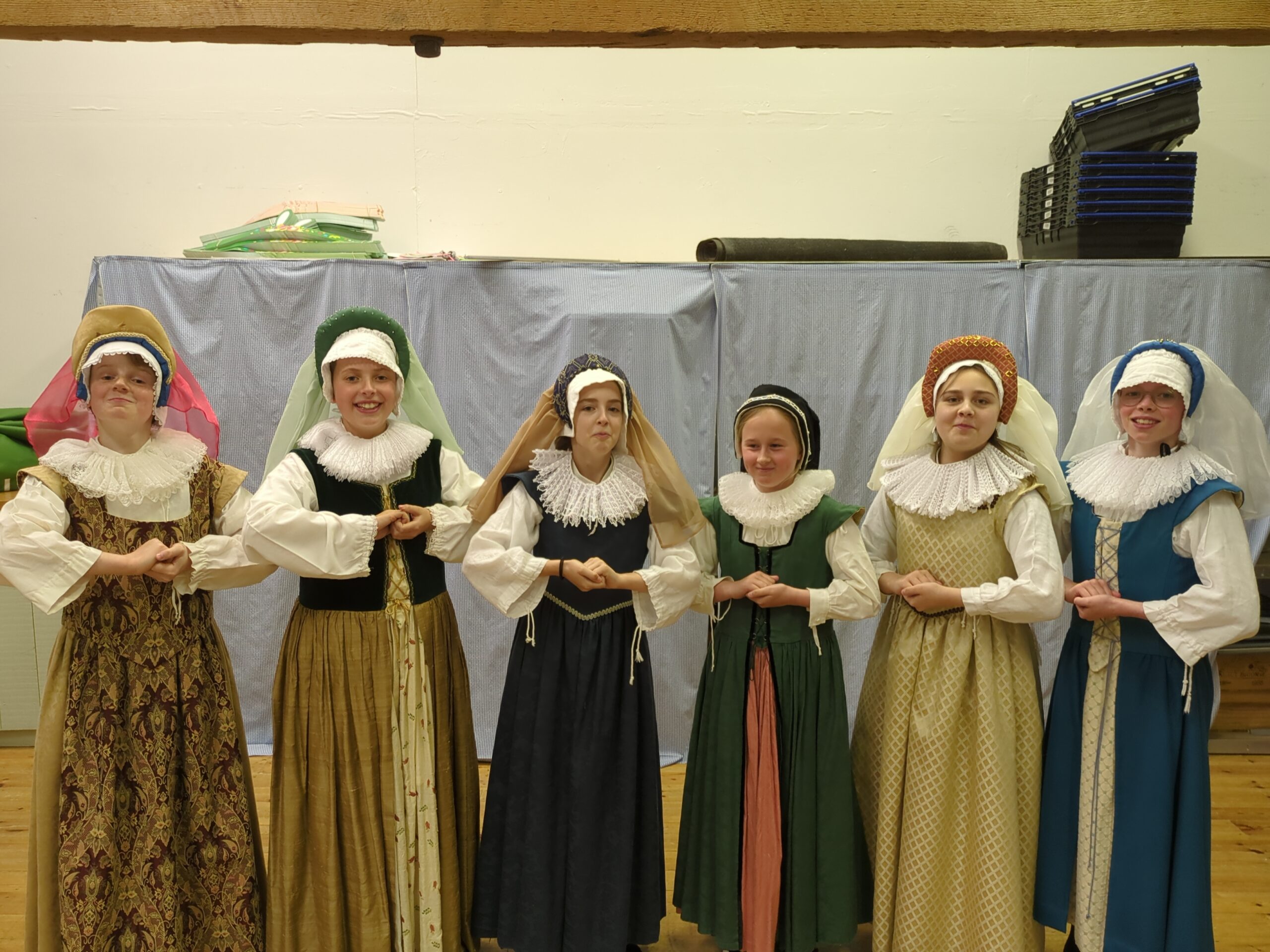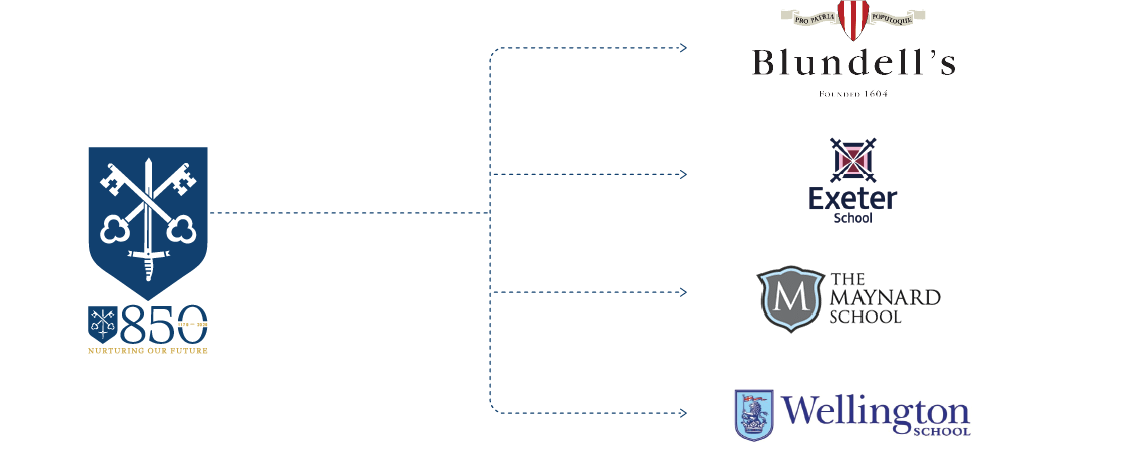This Sunday is the men’s Cricket World Cup final in Ahmedabad. On Monday it’s our Autumn Concert in the Cathedral. And this evening our Choristers sang at the opening of the Christmas Market.
This combination of cricket, musical involvement and the choral tradition puts me in mind of former England captain Alastair Cook. Let me explain.
An opening-batsman of considerable poise, grit and skill, Cook made his debut in 2006 (where he scored a century – as he did in his final innings at the Oval 12 years later), and became England’s all-time leading run scorer in 2015. He captained England’s Test side from 2012 to 2016, is a 3-time Ashes winner, and is the 5th highest run-scorer in the history of Test cricket.
And he was a Chorister. He attended St Paul’s Cathedral School, where he sang the daily services in exactly the same way as our own Choristers do here. In his spare time as a Chorister he played some cricket, too: there’s a wonderful story about him turning out for the school 1st XI aged 12 and making 110 of the team’s total of 127. It’s perhaps not the most typical of journeys to becoming a sporting icon and a national hero, that of being a Chorister, but it’s a journey which has been much-discussed since his retirement and one which, in fact, makes sense.
Cook’s poise, tenacity, work ethic, concentration, stoicism, resilience, self-control, team work and leadership are widely-regarded as being just about the best in the business. Talent and flair have played their part, too, but it’s no secret that his work-rate, his drive and his commitment got him to where he ended up: at the very top of the pile. He himself said in his final press conference as an international: ‘I have never been the most talented cricketer. I never pretended I was; but I got the best out of my ability.’ And perhaps that’s where the musical background served him so well. Turning out everyday to ‘perform’ in front of a crowd, being a professional aged 10, knowing that getting it right matters, knowing that others are depending on you to do your bit, knowing that you need to focus, to concentrate, to lead, to follow, to blend, to stand out, to be reliable, to be dependable, and to practise really hard until you (and your team) get it right: that is part and parcel of the daily life of a Chorister.
No-one likes to be pigeon-holed, and Alastair Cook’s story is a great example of a school refusing to allow a child to become a one-trick pony. That’s an approach I admire very much, and certainly a culture that I am proud of at Exeter Cathedral School. Breadth-and-balance is so important in schools: we are, after all, all about educating the whole child. It matters that we provide a broad and exciting range of opportunities, both within the curriculum and through extra-curricular programmes. Talent and flair play their part, yes, but of equal importance are opportunity, engagement, encouragement, inspiration, coaching, time, resources and determination.
We have a terrific number of lunchtime and after-school clubs that run each term, and we encourage pupils to have a go at something at which they may not (yet) be very good but which they may want to try. In the same vein, our Choristers all play a full part in our sporting programme and represent the School, just as our top-performing athletes (and we have a good deal of club and county representation) all sing and contribute to the musical life of the School through various ensembles.
At Monday’s Autumn Concert, we won’t simply wheel out our elite musicians to impress the audience with some easy-win wow factor – we’ll bring onto the stage everyone, so that they can all perform in front of an appreciate audience in the stellar setting of the cathedral. And we’ll do that because we’re about educating the whole child, because inclusivity and opportunity matter, because participating in mass music-making is, in and of itself, a good thing, and because we fervently believe that inclusivity and top-level performance can and should go hand-in-hand.
Our Senior Enrichment Programme (dedicated to the pursuit of interests and passions outside of the curriculum) provides opportunity for each of our senior pupils to follow either our Sport and Exercise strand or our Creative Arts strand – either because they have scholarship aspirations at 13+ or because they just love it and want to do more of it. Several of our elite musicians opt to follow the Art/Drama/Sports modules, their thinking being that they get enough music through their Cathedral involvement; and in the same way some of our most gifted sportswomen and men choose the Arts strands because they want to explore other interests.
What a good thing this is. Yes, we have high-performing specialists among the pupil body, but they are not streamlined or funnelled into a one-dimensional existence for the sake of School triumphs and statistics; rather, they are nurtured and encouraged in all areas of their development in a School which, for centuries, has valued highly the development of character and the education of the whole child.
Good luck to all of our performers on Monday; well done to tonight’s market-openers; and brace-brace for a humdinger of a final between India and Australia this weekend.












